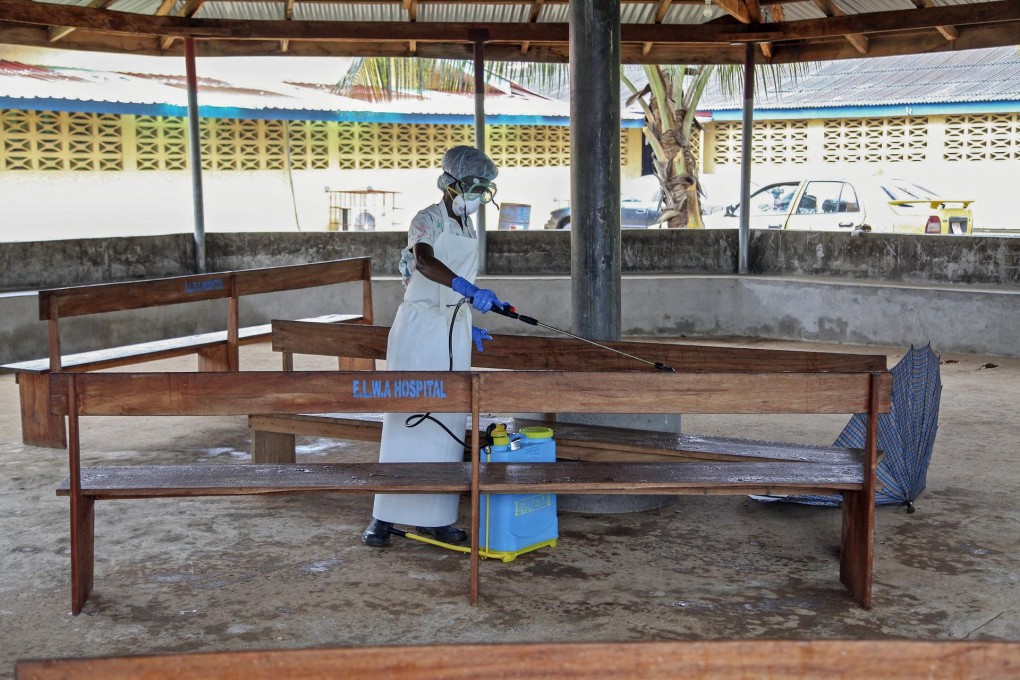Ebola death prompts fears disease could spread through air travel
Unsettling questions over how to prevent the spread of the disease

No one knows for sure just how many people Patrick Sawyer came into contact with the day he boarded a flight in Liberia, had a stopover in Ghana, changed planes in Togo, and then arrived in Nigeria, where he died days later from Ebola, one of the deadliest diseases known to man.
Now health workers are scrambling to trace those who may have been exposed to Sawyer across West Africa, including flight attendants and passengers.
Health experts say it is unlikely Sawyer could have infected others with the virus that can cause victims to bleed from the eyes, mouth and ears. Still, unsettling questions remain: how could a man whose sister recently died from Ebola manage to board a plane? And worse: could Ebola become the latest disease to be spread by international air travel?

"The best thing would be if people did not travel when they were sick, but the problem is people won't say when they're sick. They will lie in order to travel, so it is doubtful travel recommendations would have a big impact," said Dr David Heymann, professor of infectious diseases at the London School of Hygiene and Tropical Medicine.
The World Health Organisation is awaiting laboratory confirmation after Nigerian health authorities said Sawyer tested positive for Ebola, WHO spokesman Gregory Hartl said. The WHO has not recommended any travel restrictions.
"We would have to consider any travel recommendations very carefully, but the best way to stop this outbreak is to put the necessary measures in place at the source of infection," Hartl said. Closing borders "might help, but it won't be exhaustive or foolproof".